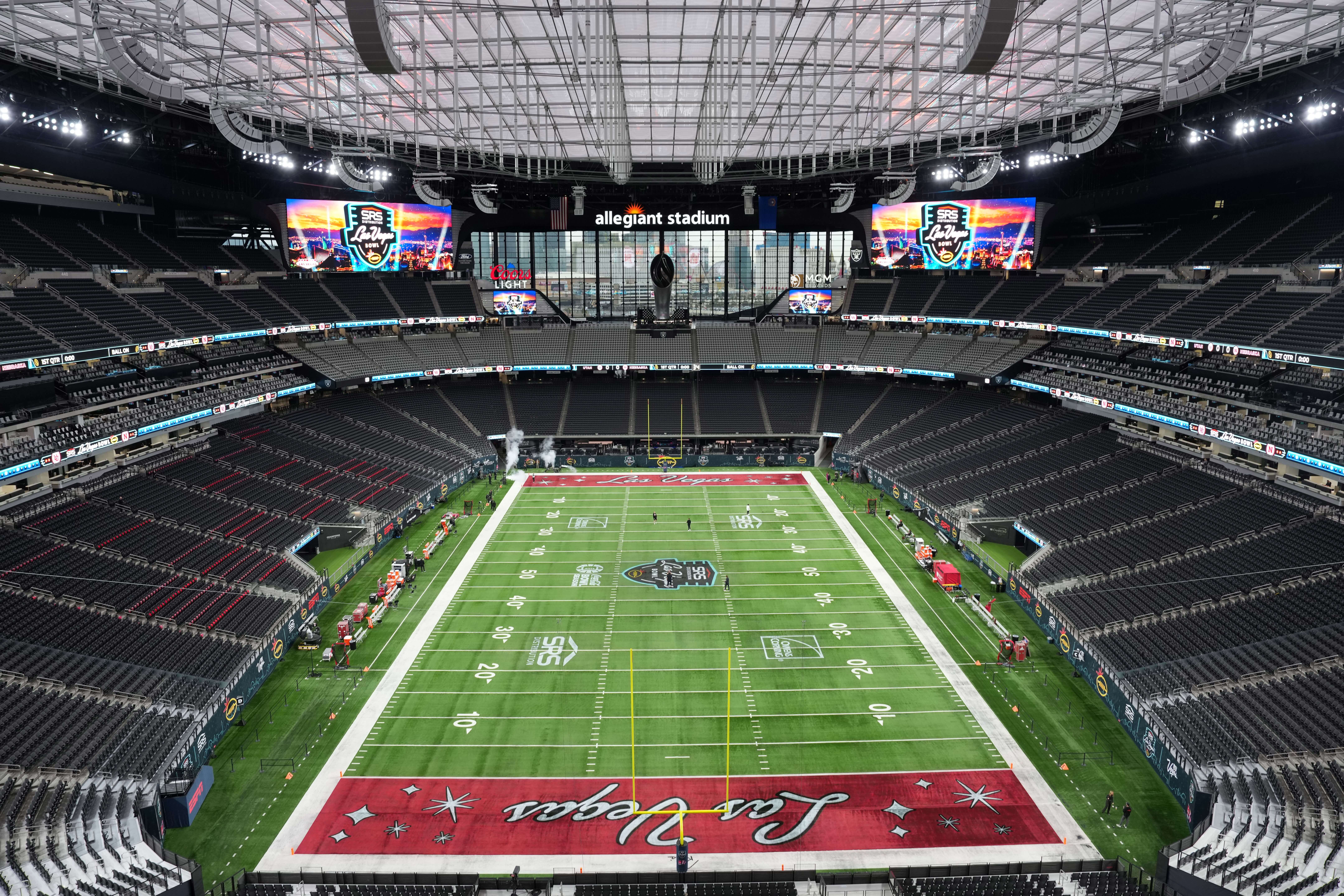 General Sports News
General Sports News

Prediction Markets Poised for High Super Bowl Trading Volume

More NFL Fans Betting Inside Stadiums, GeoComply Data Shows

Devin Booker Bets $1M On Seahawks After Kendall Jenner Picks Patriots

AGA Estimates $1.76 Billion in Legal Sports Bets on Super Bowl LX

The Biggest Super Bowl 60 Bets: Booker Trolls Jenner With $1M Bet on Seahawks

CFTC to Provide New Rules, Potential Legal Help to Prediction Markets
 State News
State News

Judge’s Decision Temporarily Forces Polymarket Out of Nevada

Alabama Should Legalize Sports Betting Despite Objections, Analyst Argues

Missouri Sports Betting Tops $543 Million in Handle During 1st Month

Governor Calls Legalizing Ohio Sports Betting His Biggest Mistake

Nevada Sportsbook Revenue Spikes 352% YoY During Profitable Football Month













































